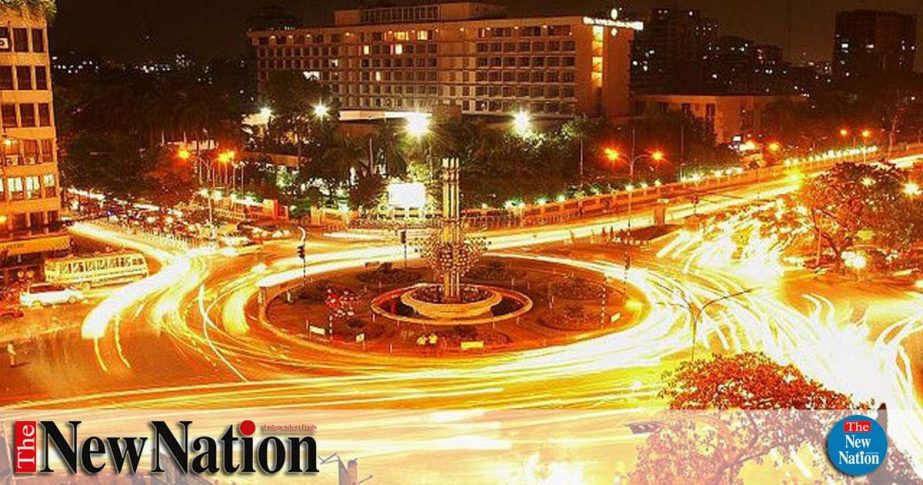
UNB, Dhaka :
Bangladesh capital Dhaka has ranked the fourth least liveable city in the world, according to the Economist Intelligence Unit (EIU) annual global survey.
The worldwide league table ranks 140 cities on a range of factors, including political and social stability, crime, education and access to healthcare.
Dhaka has been ranked 137th among 140 cities with 33.5 points. It scored 55 in stability, 16.7 in healthcare, 30.8 in culture and environment , 33.3 in education and 26.8 in infrastructure.
The Bangladesh capital ranked the third worst liveable city in the Global Liveability Index 2019 and the 2nd worst in 2018 Index.
As the world continues to grapple with the coronavirus pandemic, the metropolitan city of Auckland in New Zealand has been named the most liveable city globally by EIU.
That’s largely due to the country’s successful handling of Covid-19 which allowed schools, theatres, restaurants and other cultural attractions to remain open during the survey period from Februray 22 to March 21, 2021, according to the EIU.
New Zealand implemented a strict nationwide lockdown for several weeks last year to slow the spread of the virus. It also shut its international borders to most travellers.
Asia-Pacific cities dominated the top 10 rankings this year, even as the pandemic caused overall livability around the world to decline.
The top 10 most livable cities in the world, and their scores according to The Global Livability Index 2021, are: Auckland, New Zealand (96.0), Osaka, Japan (94.2), Adelaide, Australia (94.0)
Wellington, New Zealand (93.7), Tokyo, Japan (93.7), Perth, Australia (93.3), Zurich,Switzerland (92.8), Geneva, Switzerland (92.5), Melbourne, Australia (92.5),Brisbane, Australia (92.4).
The livability index ranks cities based on more than 30 qualitative and quantitative factors across five broad categories: stability, health care, culture and environment, education and infrastructure.
Due to the pandemic, the EIU added new indicators such as stress on health-care resources as well as restrictions around local sporting events, theatres, music concerts, restaurants and schools.

